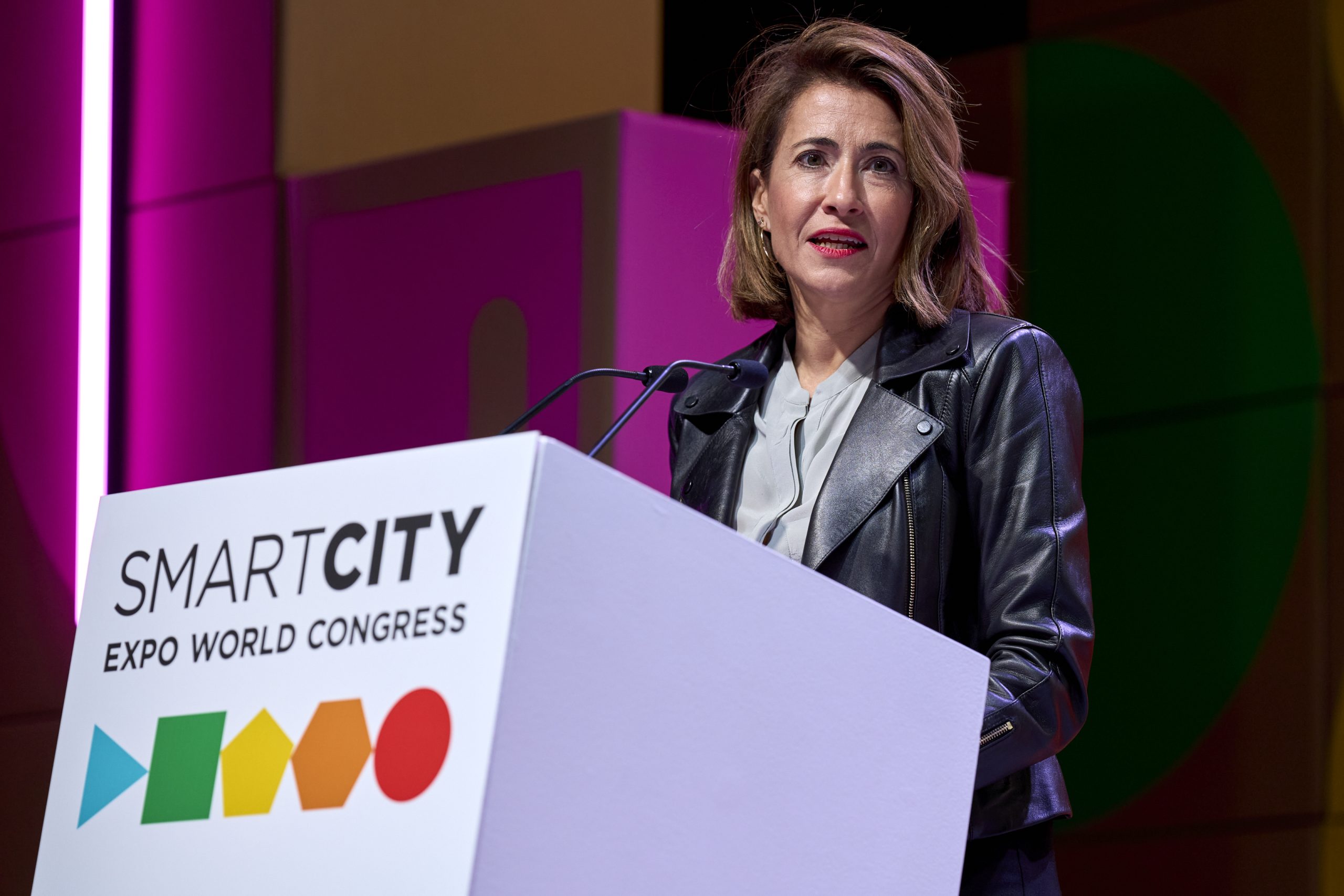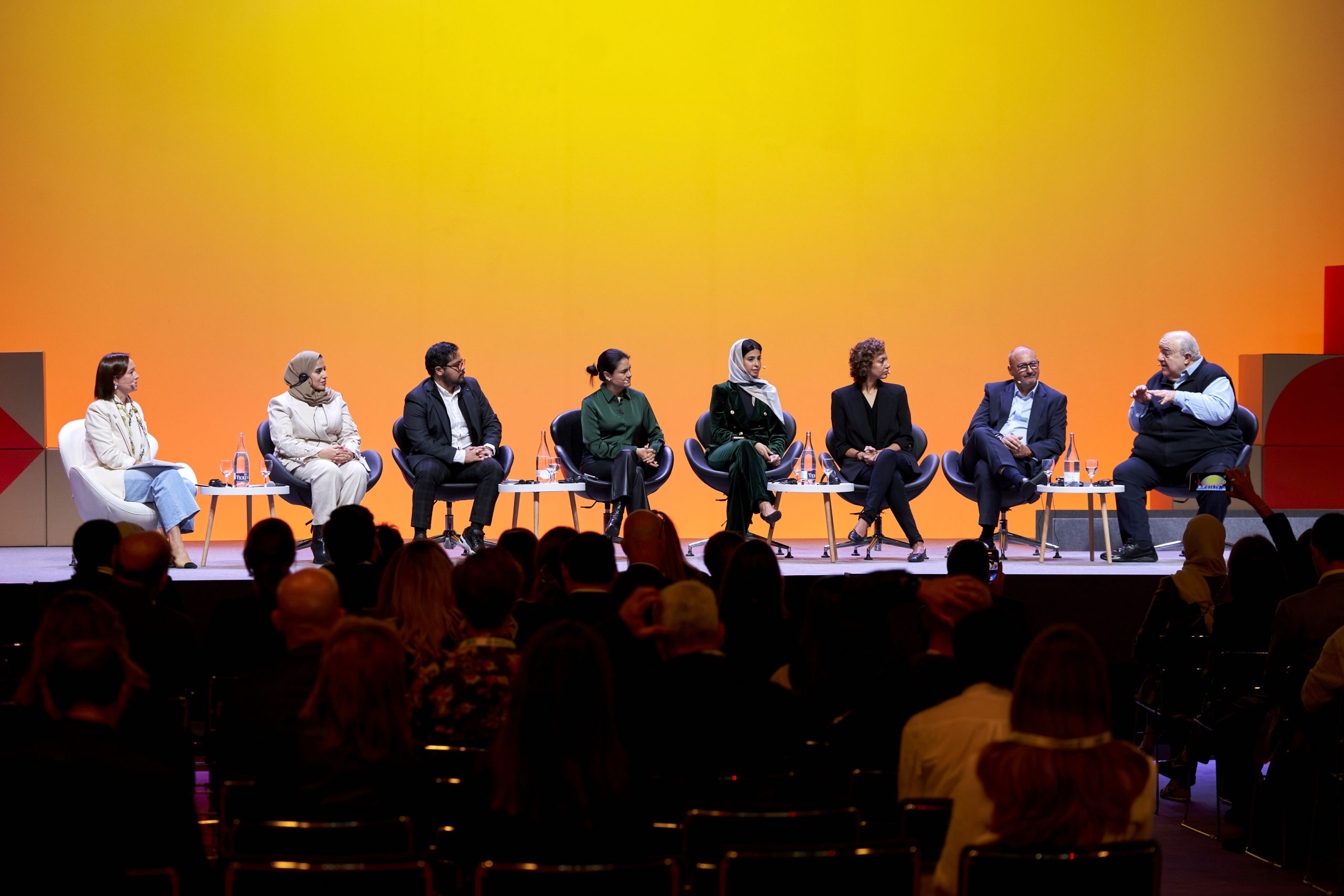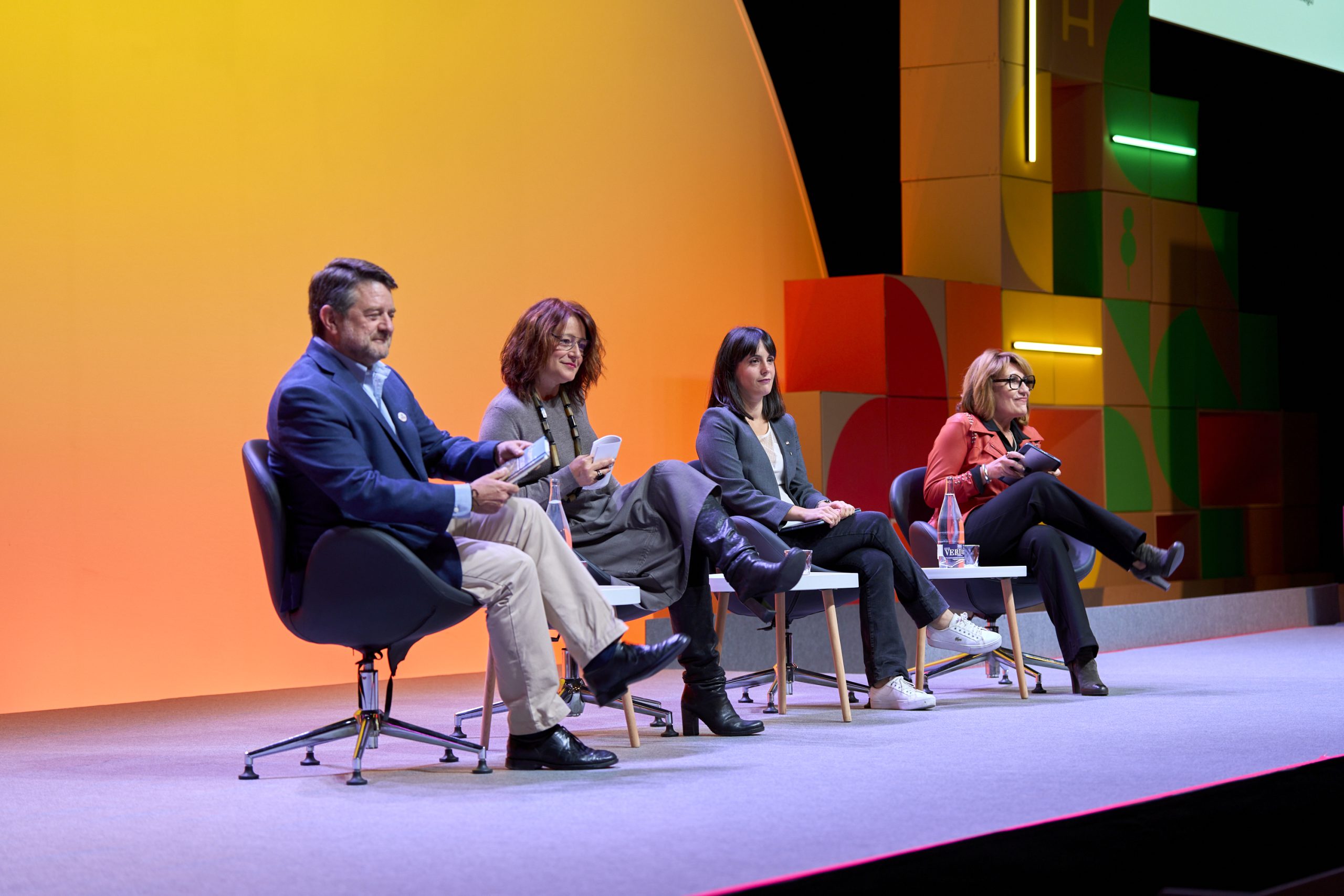Author | Amaia PorteiroThe cities of today are undergoing a profound transformation. Adopting global commitments such as the reduction of carbon emissions through the C40 Cities Climate Leadership Group, the implementation of smart solutions together with the radical changes these entail in terms of administrative organisation and the necessary cooperation between the different cities for testing these, development projects for a circular economy, the implementation of new technologies such as 5G… All these factors require greater involvement by municipal governments in an increasing number of areas. Most of the urban goals for the new decade require the development of local policies.This trend requires urban governance to be reinforced, since the emergence of new municipal administration agencies and the adoption of collaboration agreements between cities is essential, even at a supranational level. A circumstance that generates tension between the various levels of government with jurisdiction over a territory: international, national, regional and local.The various layers of governability overlap in a single city, making the coordination thereof increasingly complicated. Often, the interests of metropolitan governments and their influence over neighbouring cities clash with the agendas of national and regional governments.But, what happens when there are already cities and metropolitan areas where the influence extends to more than one region or state (as is the case with the metropolitan area of New York, which extends to almost 5 different states) or those with almost international autonomy?Today, urban growth exceeds the boundaries of traditional cities and the development thereof no longer coincides with the legal frontiers of their government, which creates problems in the medium and long-term. These include, lack of suitable transport solutions, access to affordable housing, or waste management and pollution. New solutions are required in order to tackle these challenges, however, a single model cannot be implemented in the same way everywhere.How to infuse cities with the capacities and the power required to combat these new urban challenges?
Extending urban governments to new areas of action: The challenges of metropolitan governments
In order to enable cities and, particularly, metropolitan areas, to have the governance instruments they require, they need to tackle various challenges:
- Obtain the political recognition of metropolitan areas, which is non-existent today.
- Alleviate the lack of necessary resources and scarce fiscal autonomy to tackle the required urban developments. Collaboration between major urban areas, even at a supranational level, as is occurring today, can help reduce part of these costs, however, fiscal autonomy also needs to be increased. One solution could be to introduce metropolitan taxes with which to finance local services.
- Combat the democratic deficit. It is still not common for metropolitan government bodies to be elected directly, instead, this is carried out via indirect models, which leads to lack of citizen representation.
- Coordinate the various governance layers. When various levels of governance overlap, both vertically and horizontally (municipal, regional, national and supranational governments together with international collaboration networks), the role of metropolitan areas and their relationships with all of these should be defined.
In short, metropolitan areas need to be equipped with the political, fiscal and institutional tools required to strengthen the metropolitan government.
The role of technology and citizens in the new metropolitan governments
In order to build truly dynamic and inclusive smart cities, citizen-centric governments are essential, together with the appropriate technological tools. During the Smart City Expo World Congress 2019 held in Barcelona, various projects were presented, together with organisations that are already testing various solutions.For example, the Argentinian government implemented the “País Digital” (Digital Country) programme, to promote the digitisation of cities. Accordingly, digital inclusion centres have been created to promote digital literacy among citizens, providing them with digital skills, which also improves their employability. Work is also being carried out to improve internet access and Wi-Fi connections in the most remote regions.The African continent is also one of the regions experiencing one of the most radical transformation processes. Ten years ago, only 10% of the population lived in cities, while today, that figure stands at 60%.The African Union fosters state policies among its members beyond the boundaries of each country. With the collaboration of leading states in the digital transformation such as Ruanda, the Smart Africa project has been created to accelerate the social and economic transformation of the continent through technology. Participating cities undertake to become smart cities, involving not just the local government, but all other citizen organisations too.The successful experiences of cities such as Kigali are then included in a master plan called Africa Smart City Blueprint, which serves as a model for other cities with fewer resources.In Istanbul, a city that already has around 16 million inhabitants, work is being carried out with strategic 5 and 10-year targets and the "Istanbul is yours" programme has been launched, via an online platform, where citizens are invited to upload their requirements, which are then included in its strategic plan.Smaller cities are also implementing successful urban development models with citizen participation. Seat Pleasant, in the United States, has launched the My Seat Pleasant app, where citizens can share their improvement suggestions and broadband access and 5G services have been boosted in the entire city.The conclusions of all these pioneering cities is that, as well as making citizens the focus of municipal policies, public and private financing must be combined, data must be collected for better decision making and existing compartmented “information silos” must be eliminated in order to work with more integrated data from all areas.Images | timJ, Arnaud Jaegers






















































